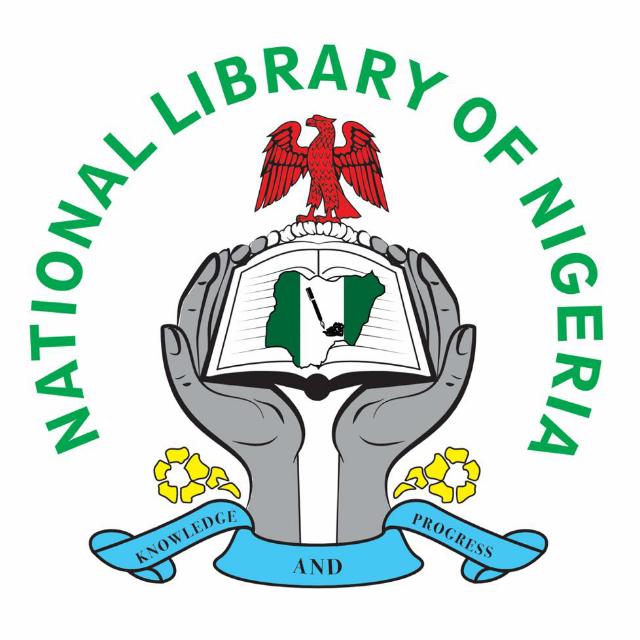Prof. Veronica Chinwe Anunobi, the Chief Executive Officer of the National Library of Nigeria (NLN), highlighted the significance of children being able to communicate proficiently in their native languages in schools, at home, and beyond. She noted that mastering local languages helps children learn about careers while enriching their understanding of culture and identity.
She stated this during an event celebrating this year’s International Literacy Day, which took place at the National Library Annex in Lagos. The “Promoting Multilingual Education” event was held by the Zaccheus Onumba Dibiaezue Memorial Libraries (ZODML) in collaboration with the National Library of Nigeria.
Students from primary and secondary schools in the Yaba area, including Adekunle Anglican Primary School and Wesley Girl’s Junior Secondary School, attended the event. Notably, only seven of the 16 students were fluent in their local languages, while the rest were not.
Why This is Important
Prof. Anunobi stated that Nigeria’s literacy rate stands at 62 per cent, emphasising that literacy is essential for fostering a just, peaceful, and sustainable society. She noted that it serves as a pathway to prosperity and the realisation of potential.
Highlighting the connection between literacy and the UN’s Sustainable Development Goals (SDGs), she encouraged policymakers to promote literacy by establishing libraries for lifelong learning in rural and urban areas. Additionally, she urged children to value their maternal languages by learning, speaking, reading, and writing in them.
Mrs Ifeoma Esiri, the convener of the program and co-founder of Zaccheus Onumba Dibiaezue Memorial Libraries (ZODML), highlighted the significance of children being able to speak, read, and write in their native languages. She stated that this ability is essential for preserving cultural identity and knowledge within society.
She urged governments at all levels to adopt policies that promote this practice, such as establishing literacy centres in communities nationwide. She expressed concern that many children struggle to speak their native language fluently, with some unable to speak it at all. This is troubling, as language is essential to culture; losing it means losing a part of that culture. If Nigerian children cannot speak their own languages, they also lose the ability to communicate through proverbs, which are important tools for conveying wisdom, especially among elders.
Thus, the government needs to implement policies to address this issue. Additionally, parents play a crucial role by speaking their native language with their children, which won’t hinder their proficiency in other languages.
At the event, Pa Newton Jibunoh, 87, who has crossed the Sahara Desert four times, encouraged students to remain focused and hardworking, emphasising that literacy goes beyond just formal education.


